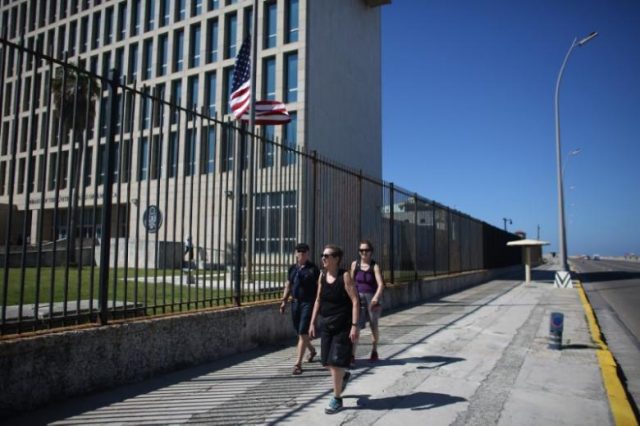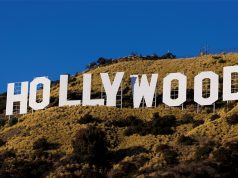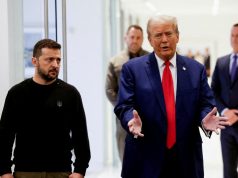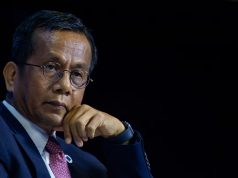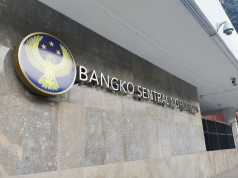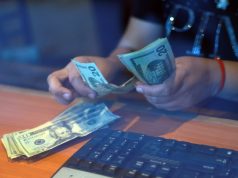WASHINGTON — President Donald Trump on Friday will tighten rules on Americans traveling to Cuba and significantly restrict U.S. companies from doing business with Cuban enterprises controlled by the military, according to U.S. officials who have seen a draft presidential memorandum.
Trump will lay out his new Cuba policy in a speech in Miami that will roll back parts of former President Barack Obama’s opening to the communist-ruled island after a 2014 diplomatic breakthrough between the two former Cold War foes.
Taking a tougher approach against Cuba after promising to do so during the presidential campaign, Trump will make clear that a ban on U.S. tourism to Cuba remains in effect and his administration will beef up enforcement of travel rules under authorized categories, the officials said.
The new limits on U.S. business deals will target the Armed Forces Business Enterprises Group, a conglomerate involved in all sectors of the economy, including hotels, the officials said, speaking on condition of anonymity.
It was unclear, however, whether the new rules would bar American visitors from spending money in state-run hotels and restaurants. Details will depend on regulations to be written in coming months by the U.S. Commerce and Treasury Departments, which will be tasked with turning the presidential memorandum into policy.
But even as he curbs Obama’s détente with Cuba, Trump will stop short of closing embassies or breaking off diplomatic relations restored in 2015 after more than five decades of hostility, U.S. officials said.
He will also leave in place some other tangible changes made by his Democratic predecessor, including the resumption of direct U.S.-Cuba commercial flights, though Trump’s more restrictive policy seems certain to dampen new economic ties overall.
Trump will justify his partial reversal of Obama’s measures to a large extent on human rights grounds. His aides contend that Obama’s easing of U.S. restrictions has done nothing to advance political freedoms in Cuba, while benefiting the Cuban government financially.
International human rights groups say, however, that reinstating a U.S. policy of isolating the island could make the situation worse by empowering Cuban hardliners. The Cuban government has made clear it will not be pressured into political reforms in exchange for diplomatic engagement.
At home, Trump’s critics have questioned why his administration is now singling out Cuba for its human rights record while insisting that in other parts of the world it will not lecture other countries on the issue.
Speech in Miami
Trump will issue the memorandum when he delivers his speech at the Manuel Artime Theater in Miami’s Little Havana district, the heart of America’s Cuban-American and Cuban exile community. The venue is named after a leader of the failed U.S.-backed Bay of Pigs invasion of Cuba in 1961 against Fidel Castro’s revolutionary government.
Republican Senator Marco Rubio, who was played a key role in pushing for Trump’s changes, was expected to attend along with U.S. Representative Mario Diaz-Balart and other Cuban-American lawmakers.
Under the revised travel policy, U.S. officials say there will be tighter enforcement to make sure Americans legally fit the 12 authorized categories they claim to be traveling under, which could spook many visitors, wary of receiving a hefty fine.
Critics of Obama’s approach contend that many U.S. visitors have taken advantage of eased regulations and looser scrutiny to visit the island for pleasure trips.
But Trump’s planned rollback of Obama’s policy has drawn opposition from American businesses and the travel industry, which have begun making inroads on the island, as well as many lawmakers, including some of Trump’s fellow Republicans.
The new policy has come together after contentious meetings within the administration.
Some aides have argued that Trump, a former real estate magnate who won the presidency promising to unleash U.S. business and create jobs, would have a hard time defending any moves that close off the Cuban market.
But other advisers have contended that it is important to make good on a promise to Cuban-Americans whose support they considered significant in winning Florida in the 2016 election. Miami is home to the largest Cuban-American community.

